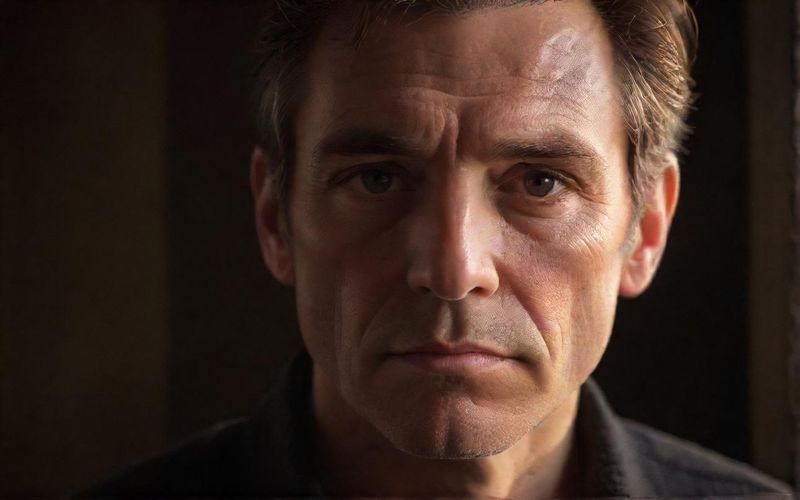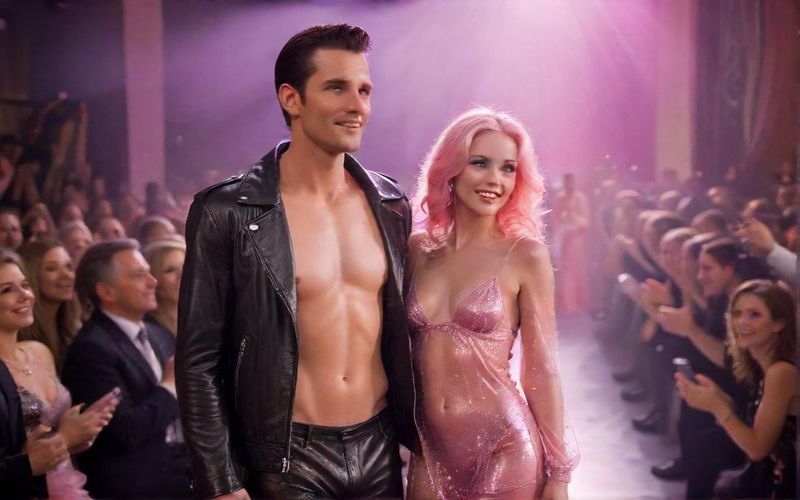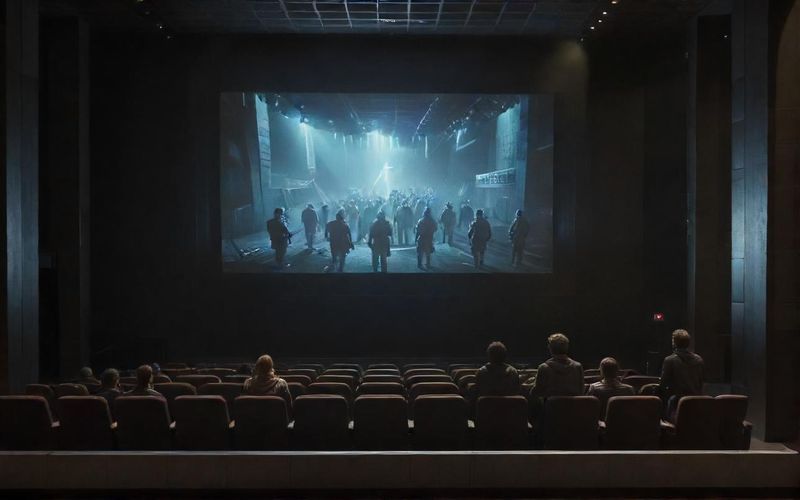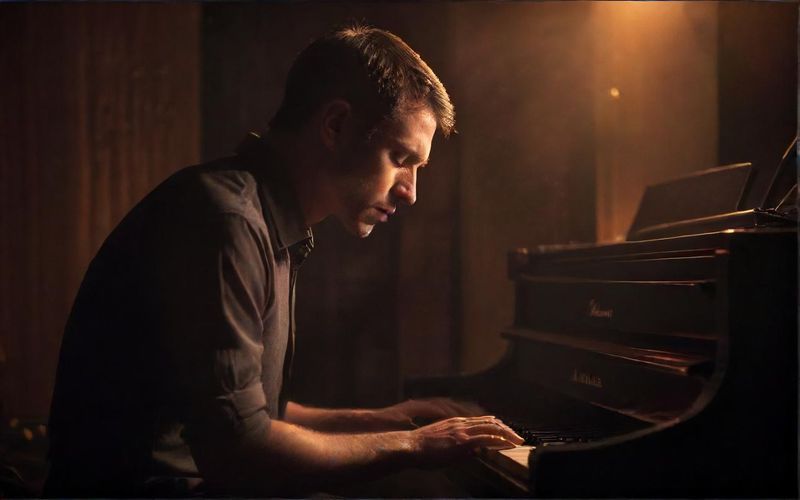Day-Lewis on Acting: Film vs. Stage

You know, there’s a lingering sentiment, particularly in the UK, that theater is the pinnacle, the “superior form,” as Day-Lewis put it. He recalled his own drama school days, where movies felt like a less prestigious pursuit, almost a fallback for those needing to “pay the gas bill.” It’s a curious thought, isn't it? That something that can transport millions, that can offer an escape and a shared experience for practically everyone, might be viewed as somehow less vital than a stage production, which, while brilliant, often comes with a higher ticket price and a more exclusive audience. As reported by The Guardian, Day-Lewis pointed out that theater can often rely on an audience’s privileged education to fully appreciate it, a barrier that cinema, ideally, doesn't erect.
And then there’s method acting, a term that often conjures images of actors gone wild, losing themselves entirely. Day-Lewis, however, offered a more nuanced perspective. He feels much of the recent commentary comes from a place of misunderstanding. For him, it’s not about being “mad as a March hare,” but a way of freeing oneself, of becoming so immersed that you can spontaneously respond to what’s happening on screen. He even acknowledged that his early work, like My Left Foot, where he portrayed Christy Brown, wouldn't be made today, citing changing attitudes and the valid concerns of the disability community he consulted. This willingness to confront the complexities and evolving ethical considerations in filmmaking is something truly admirable.
His return with Anemone, a film he co-wrote with his son Ronan, also offers a glimpse into his continued dedication to the craft, even after a self-imposed retirement. It’s a reminder that for artists like Day-Lewis, the creative impulse doesn't just switch off. He spoke about the profound impact of literature, like the works of Kent Haruf, on his preparation, hinting at the deep well of inspiration he draws from.
What strikes me most is this idea of authenticity and responsibility. Whether it’s meticulously researching a role or defending the integrity of cinematic storytelling, Day-Lewis seems driven by a powerful need to connect with something real. In a world often saturated with fleeting trends, his commitment to a deliberate and deeply considered approach to his art is a valuable anchor. It makes you wonder, as we navigate this ever-changing landscape of entertainment, what truly defines a great performance and how much we owe to the artists who dare to explore the human condition with such unwavering dedication?








